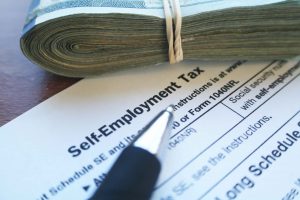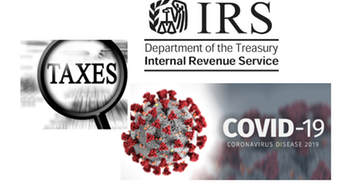If you’re a new independent contractor, the first thing you need to know is how to pay your taxes.
As an independent contractor, you are self-employed. That means you don’t have an employer who will take out taxes out of your paycheck for you. You are responsible for that.
Some people would rather become an independent contractor and work for themselves, but it’s important to remember how you pay your taxes.
Here is important information for independent contractors to remember.
Independent contractor taxes are due quarterly
When you’re an independent contractor, you are paid an untaxed amount for your work. Your taxes are due every quarter throughout the year.
The IRS has Form 1040 ES to help the self-employed figure out their quarterly estimates.
Self-employment tax
 The IRS requires that independent contractors usually pay self-employed tax, which equates to Social Security and Medicare tax that employers take out for their employees.
The IRS requires that independent contractors usually pay self-employed tax, which equates to Social Security and Medicare tax that employers take out for their employees.
The IRS says you need to determine your net profit or loss from your business to find out if you need to pay self-employment tax. According to the IRS, ‘you can usually deduct your loss from gross income on page of Form 1040.’
The IRS suggests looking at Publication 334, it’s Tax Guide for Small Business (for Individuals Who Use Schedule C or C-EZ) to learn more.
Filing tax return

Independent contractors will use Schedule SE to file a return for the self-employment tax.
Small business owners
 Small business owners have to decide what kind of business they’ll run. According to the IRS, small business owners file tax returns dependent on what type of business they run.
Small business owners have to decide what kind of business they’ll run. According to the IRS, small business owners file tax returns dependent on what type of business they run.
Educate yourself
The IRS provides links for small business owners to study up on business taxes. The IRS also invites individuals and tax preparers to learn more.



